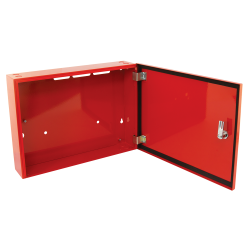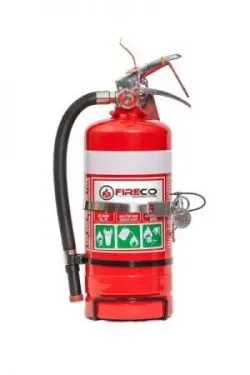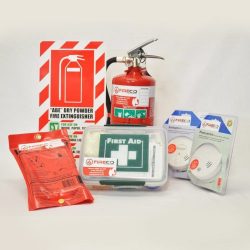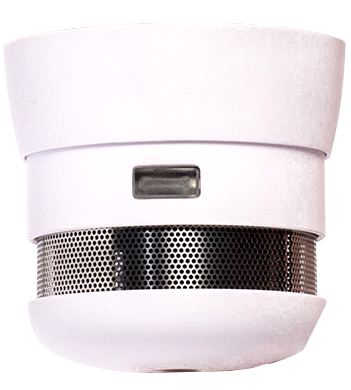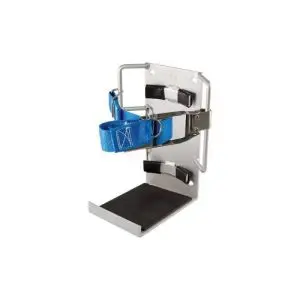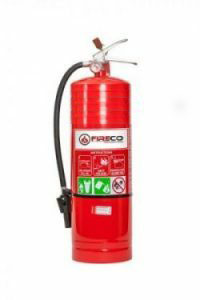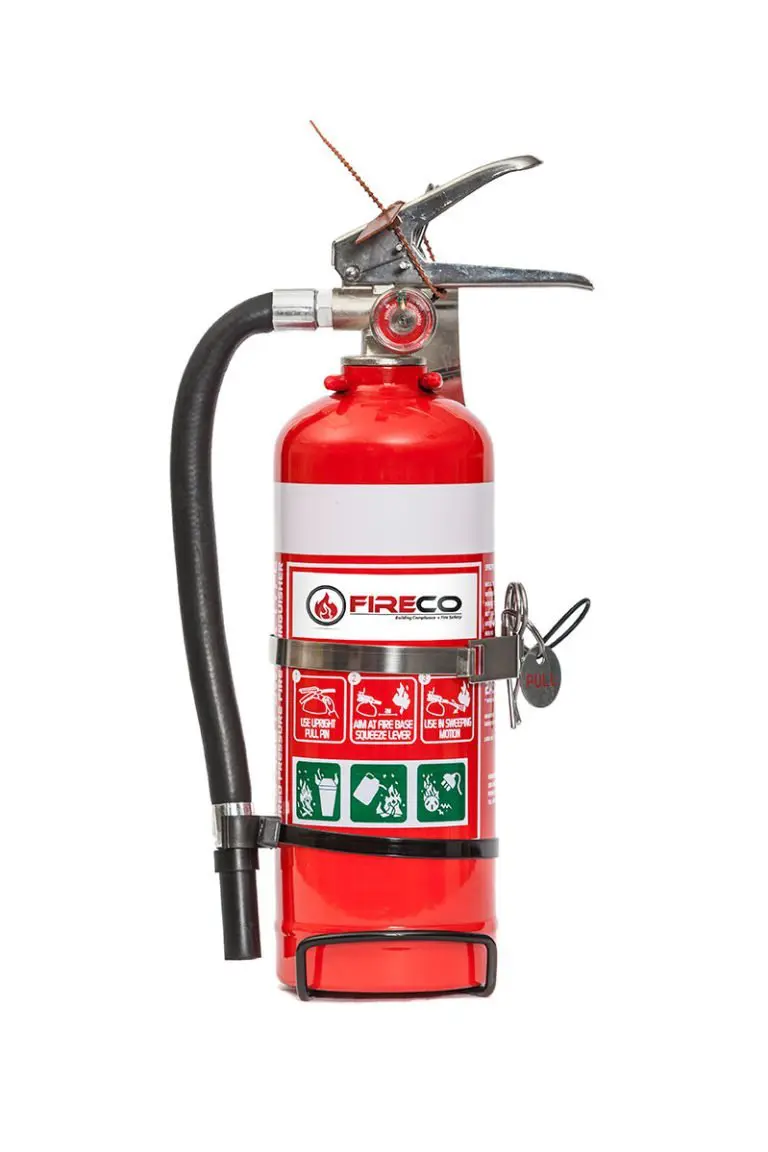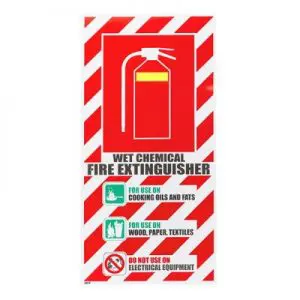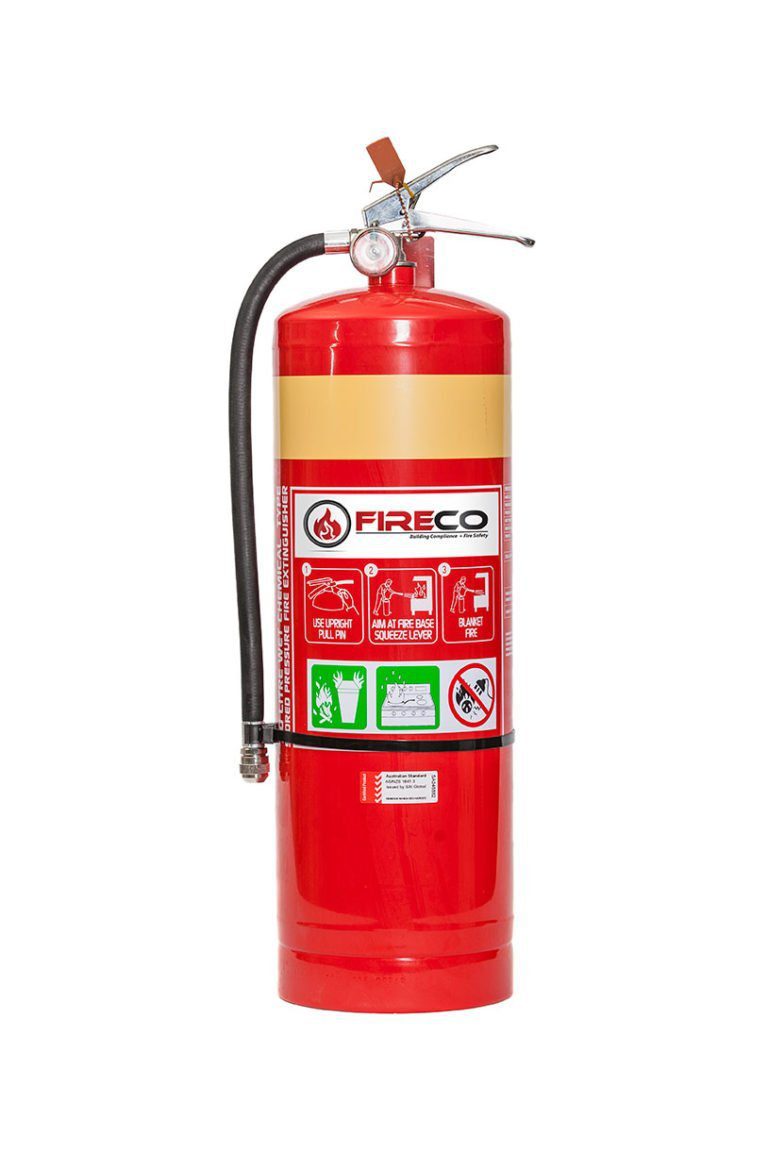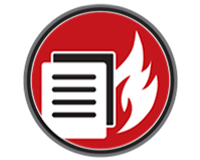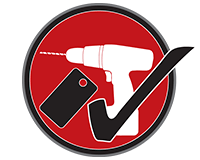Fireco’s Guide to Preventing False Alarms and Ensuring Fire Safety Compliance
False fire alarms can disrupt business operations, cause unnecessary panic, and even lead to costly fines – plus they can be incredibly noisy and disruptive! For commercial properties, repeated false alarms can also result in fire service call-out charges or a loss of trust in the alarm system. So, why do they happen, and what can you do to stop them?
Common Causes of False Fire Alarms
Understanding what triggers false alarms is the first step in preventing them. Here are some of the most common causes:
- Dust & Dirt Buildup
Smoke detectors are sensitive to particles in the air. Over time, dust, dirt, and debris can accumulate inside the sensor, leading to false activations.
Prevention: Schedule regular cleaning and maintenance of your fire alarm system to prevent dust interference.
- Steam & Cooking Fumes
Placing smoke detectors too close to kitchens, bathrooms, or areas with poor ventilation can result in nuisance alarms from steam, smoke, or fumes.
Prevention: Make sure your detectors are installed in appropriate locations – opt for heat detectors in kitchens instead of smoke alarms to avoid unnecessary activations.
- Insect Activity
Small bugs crawling into fire alarms can block sensors or trigger a false alarm. This is particularly common in warehouses or buildings located near green spaces.
Prevention: Regularly check and clean alarm devices, and use insect deterrents in high-risk areas.
- Faulty or Outdated Equipment
Old or poorly maintained fire alarm systems are more prone to malfunctioning, which can trigger false alarms – and can also mean they’re unable to work when actually needed! If your system is over 10 years old, it could be time for an upgrade.
Prevention: Conduct routine inspections and replace outdated or malfunctioning components with reliable, modern systems.
- Human Error
Accidental button presses, testing without isolation, or improper use can cause unnecessary alarm activations.
Prevention: Train staff on proper fire safety protocols, including how to test alarms correctly and avoid triggering them by mistake.
How to Reduce False Alarms in Your Business
Schedule Regular Maintenance
Routine inspections and servicing by fire safety professionals can help identify and fix potential issues before they cause false alarms, and help ensure your alarms work during a real emergency. Fireco offers scheduled maintenance plans to keep your system in top shape. Find out more about our fire alarm services here.
Upgrade to Smart Fire Alarms
Modern fire alarm systems have advanced sensors that can differentiate between real fires and false triggers. If false alarms are an ongoing issue, consider upgrading to a more reliable system.
Improve Detector Placement
Installing smoke detectors in high-risk areas (like kitchens or bathrooms) can lead to false alarms. Make sure alarms are placed in optimal locations to reduce the chance of accidental activation.
Educate Your Staff
False alarms are often due to human error. Training your team on how the fire alarm system works, what causes false alarms, and how to handle drills properly can make a big difference.
Need Help Reducing False Alarms?
At Fireco, we specialise in fire safety compliance, system maintenance, and IQP inspections to keep your business safe and compliant. If false alarms are causing issues at your workplace, we can assess your system and recommend solutions to reduce disruptions and ensure reliable fire protection.
Contact us today to schedule an inspection or learn more about our fire alarm services.


